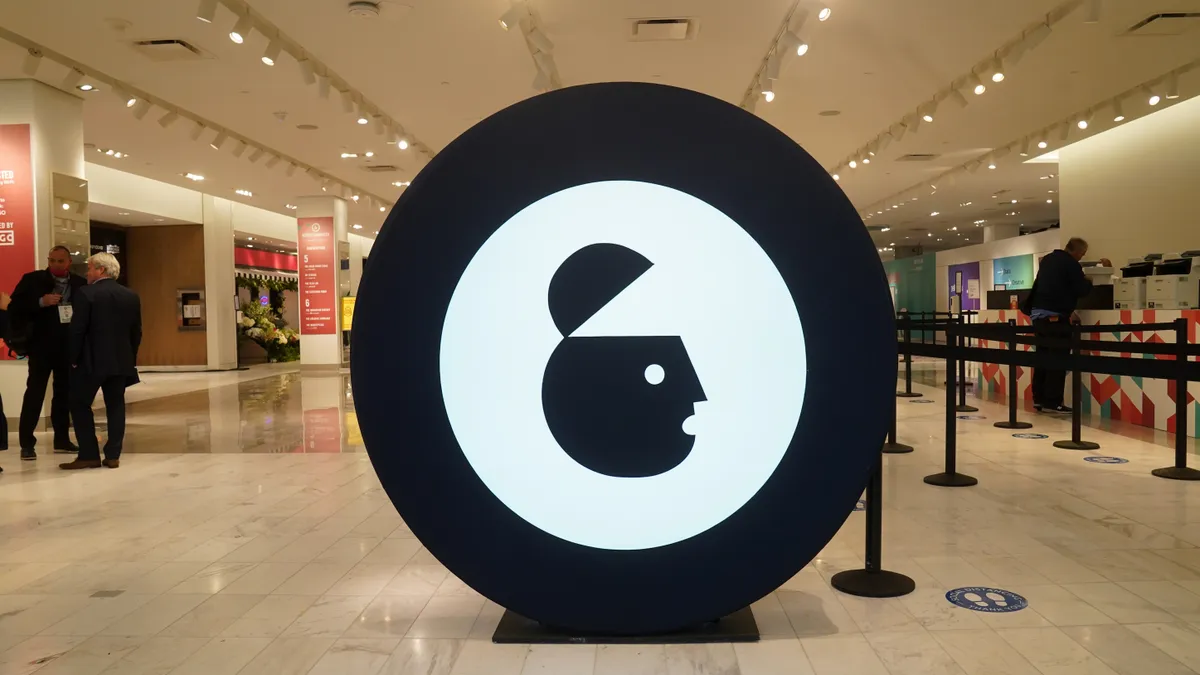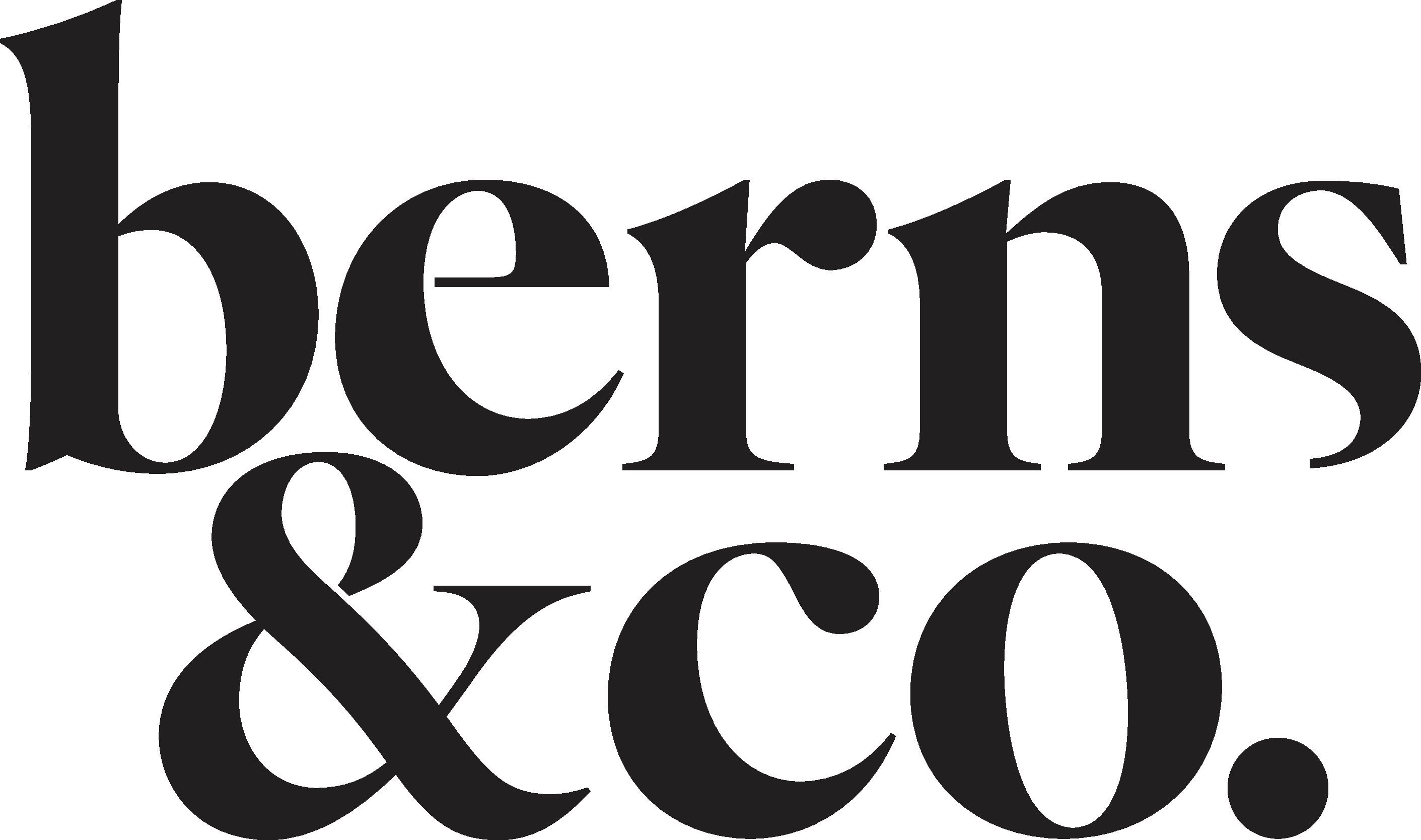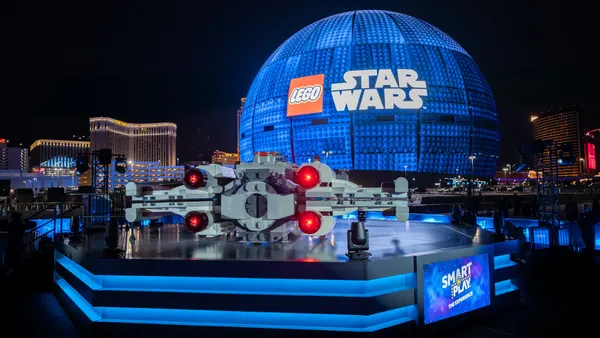NEW YORK — Any number of reasons can trigger an agency review. However, for alcohol marketer Mast-Jägermeister, agency reviews have largely been a tool of consolidation and efficiency, especially as the company increases its focus on events held on-premise in bars and other locations where alcohol is served.
At one point, the company’s on-site presence was handled by 19 different agencies. Such a large network made it difficult to have a unified strategy. If the company decides that one approach is not working, a shift should be done quickly and uniformly, something the company has been better able to achieve since streamlining its roster of agencies, said Charles Littlefield, the company’s CMO during an Advertising Week panel.
“If the concept that we all love isn't working 30 or 60 days in, how can we pivot collectively…how can we make it go? And so that’s an example of one of the biggest shifts that we’ve had,” said Littlefield.
For Mast-Jägermeister, another significant consideration when it comes to agency reviews is the global presence of the Jägermeister brand. Mother handles the marketer’s global footprint, but what may work in other countries may not work in the U.S. Having an agency that understands such international complexity but can also design U.S.-based content is a top priority.
Littlefield, newly appointed as CMO of Mast-Jägermeister, was joined on the panel by Marla Kaplowitz, president and CEO of American Association of Advertising Agencies (4A’s). Others on the panel included Lisa Colantuono, president of agency search consultancy AAR Partners, and Karina Kogan, chief marketing and commercial officer of Pvolve. Littlefield, said the company could spend six to seven months on an agency review, with the search essentially becoming a full-time job for the person in charge. Littlefield further discussed the process, along with recent consolidation attempts, with moderator Marilyn Mead Brutoco.
Mutual passion
An agency review can cost an average of $400,000 for the defending account, while non-incumbents can spend $200,000 just to participate in a review, said Kaplowitz.
Constant communication is key for a marketer-agency relationship. Any number of instances can trigger an agency review, such as a new CMO or inadequate sales. However, complacency is the biggest culprit, according to AAR Partner’s Colantuono.
“When an agency becomes complacent, or the marketer feels that the agency has become complacent, that’s when the nervousness starts,” said Colantuono.
Presenting recent research conducted jointly between the 4A’s and the Association of National Advertisers around the high cost of reviews, Kaplowitz noted that an incumbent agency was retained approximately two-thirds of the time. While the numbers may have been skewed slightly due to several factors, the time-consuming process may have been avoided if better communication existed between the two parties, according to Kaplowitz.
“[That’s] really disappointing that a client is spending money to do a review when they could have had a conversation about what their needs were rather than spending this time, spending the month it takes distracting from the core business,” said Kaplowitz. The 4A’s and ANA study revealed that the average agency review process runs longer than three months and takes at least two months with an incumbent participating.
For optimal results, agencies should be seen as an extension of a team. With agency reviews being so expensive and time-consuming, they should be used only when needed. And with incumbent agencies being retained most of the time, they may not be as necessary as companies believe.
“The problem is when you don't treat that group like an extension of your team and like a partner, you don't get the best,” said Kaplowitz. “You're not going to get the best people, you're not going to get that real conviction to go above and beyond but let me tell you, the partnerships that are really strong…they know that the client wins they win.”












